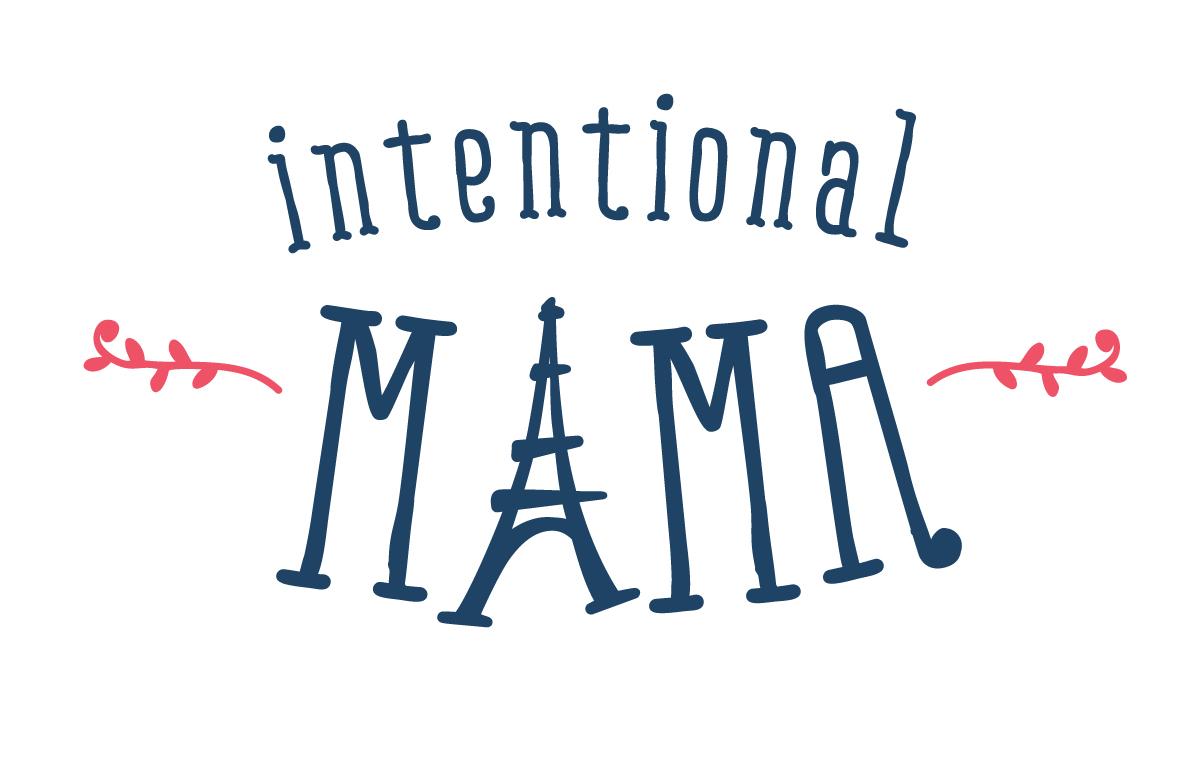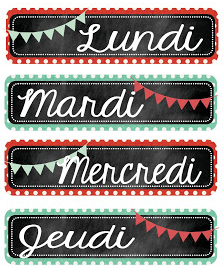Beginning French Lesson 4: Numbers & Calendars
This beginning French lesson, the fourth in a series of seven, helps students review basic numbers and gain familiarity with vocabulary for the days and months. Allons-y! Let's go! (Here are links to previous lessons one, two, and three.)
Lesson 4 Goals:
- Review French names of numbers 1-21; gain familiarity with numbers through 79
- Learn a song featuring the days of the week in French; gain familiarity with the 12 months
Part 1: Introductions and number review
Magnetic digits by Les Murs Murmurent
After greeting students individually in French and asking how they are doing, I count the numbers of students aloud who have answered that they are doing well. Ça fait 1,2,3,4,5 élèves qui vont bien. We review numbers 1-20 on our fingers (and toes if you like!), then we count roughly to 79 as I assist students with the vocabulary for increments of ten (30, 40, 50, etc.) I also give students a vocabulary handout that spells out numbers for these increments (since we don't have a reference textbook). If time allows, students can play dice games (see lesson 3).
Part 2: Days and Months: Assembling Perpetual Calendars
Printable French days of the week via La Classe de Karine
Shifting from numbers to calendar vocabulary, I ask, "Quelle est la date aujourd'hui? C'est novembre. Mais quelle est la date?" "Oui, c'est le 17 novembre. Aujourd'hui, c'est vendredi. Le jour est vendredi. Mais la date est le 17 novembre. Then I show students the calendar circle featuring the days of the week and I sing the days to the tune of 99 Bottles of Beer: "Lundi, mardi, mercredi/ jeudi, vendredi/ samedi, dimanche--voici la semaine!" Because my students already know the tune, the new vocabulary is much easier to pick up.
Here I switch to English to explain to students the fascinating Latin origins of the names: each day of the week is named after a celestial body (the moon or planets) plus -di (meaning "day") or, in the case of dimanche, is linked to dominus (Day of the Lord).
Then I give each student two 8x11 printouts featuring concentric calendar circles (from librairie-interactive.com) so that they can assemble their own French perpetual calendar with a brass fastener at the center. (I leave off the first page of seasons/years to simplify the task.) I go over the pronunciation of the months while students cut and assemble the calendars. (Useful vocabulary: Découpez les circles; assemblez-les au centre avec un attache parisienne.)
Once the calendars are assembled, students enjoy finding the dates as classmates share their birthdates in French. C'est quand, ton anniversaire? Mon anniversaire, c'est le 5 mai. Quel âge as-tu?
If time allows: The teacher can lead students in a game of Bingo (using numbers only) or students can recite their phone number or street address at the classroom door as they exit.



